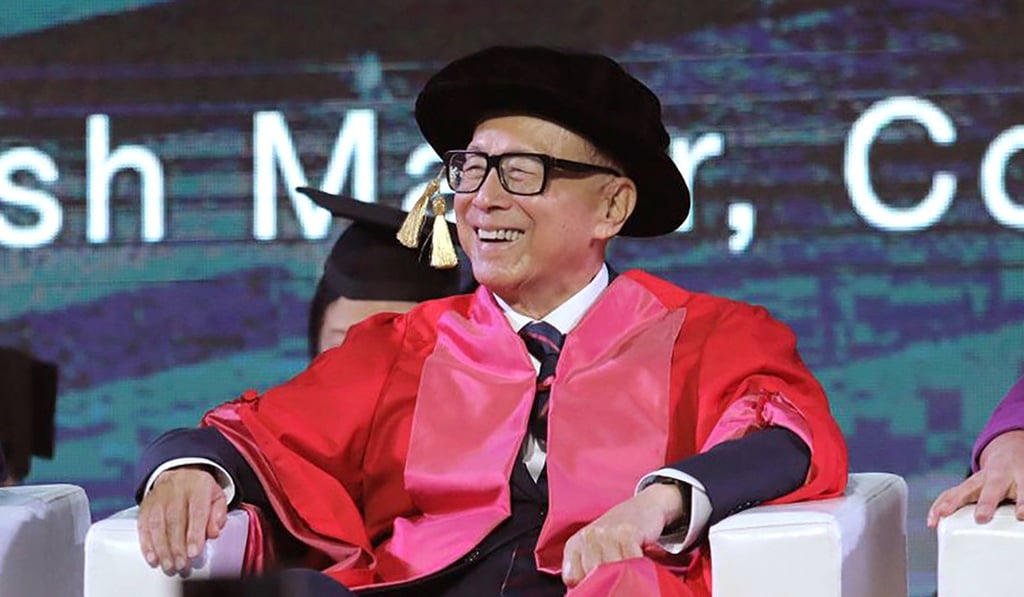Hong Kong billionaire Li Ka-shing ‘disheartened’ his family have been sidelined by Shantou University and fears for future of Israeli strategic partnership
- Li failed to attend graduation ceremony at the university he helped found for the first time in 18 years on Friday
- University president Jiang Hong pays tribute to tycoon while also calling on students to be patriotic in face of US-China trade war

Hong Kong billionaire Li Ka-shing has told close associates he is disheartened that his family has been sidelined by the university he co-founded 38 years ago, as he also expressed worries over the future of a strategic partnership between the institution and a leading technical university in Israel, the Post has learned.
According to a source familiar with the situation, Li decided about two weeks ago not to attend Shantou University’s graduation ceremony on Friday, the first time he had been missed it in 18 years.
“He feels disheartened as he has no actual say at the university,” the source said.
“He took pride in the Israeli project and he is worried about how the university will take it forward.”
Back in 2013, Li donated US$130 million to Technion Israel Institute of Technology, a top science institution based in Haifa, to help build a campus at the university in a joint project with Shantou University.
